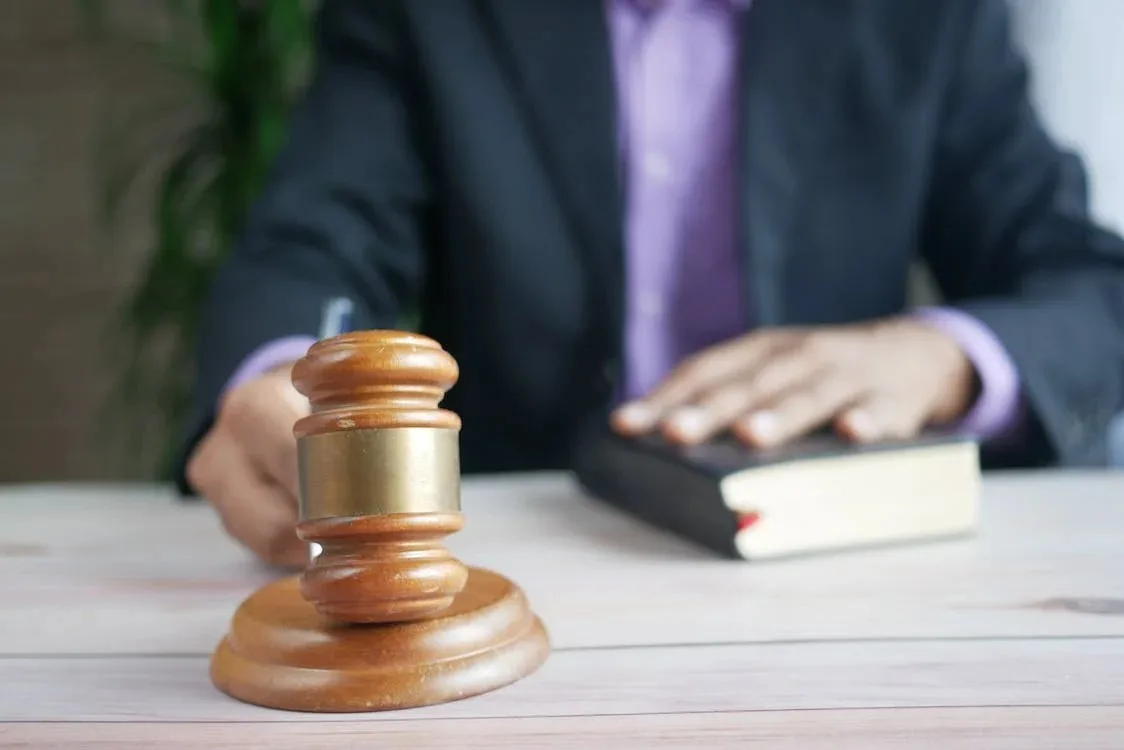Social Media Impact on Judges
Image source: Pexels.com
Social media is everywhere these days. We use it to connect with friends, share our opinions, and stay updated on the latest news. But what about judges? How does social media affect their work and reputation?
Judges are supposed to be impartial and independent, but they are also human beings who have the right to freedom of expression and participation in society. Some judges use social media to communicate with the public, educate them about the law, and promote transparency and accountability. Others avoid social media altogether, fearing that it might compromise their integrity, expose them to criticism, or create conflicts of interest.
There is no clear consensus on how judges should use social media, and different countries have different rules and guidelines for judicial conduct online. In this blog post, I will explore some of the benefits and challenges of social media for judges, and offer some tips on how to use it responsibly.
Benefits of Social Media for Judges
Social media can be a powerful tool for judges to enhance their professional development, public outreach, and civic engagement. Here are some of the benefits of social media for judges:
Learning and networking
Social media can help judges stay updated on the latest legal developments, trends, and best practices. It can also help them connect with other judges, lawyers, academics, and experts from different jurisdictions and fields of law. For example, Judge Stephen Dillard from Georgia uses Twitter to share his opinions on legal issues, follow other judges and scholars, and engage in lively discussions with his followers.
Educating and informing
Social media can help judges educate the public about the role and function of the judiciary, the legal process, and the rule of law. It can also help them inform the public about their decisions, explain their reasoning, and address common misconceptions or questions. For example, Judge Don Willett from Texas uses Twitter to post links to his opinions, provide legal commentary, and answer queries from his followers.
Building trust and confidence
Social media can help judges build trust and confidence in the judiciary by showing their human side, their personality, and their values. It can also help them demonstrate their openness, accessibility, and accountability to the public. For example, Judge Michael Cicconetti from Ohio uses Facebook to share his personal stories, his hobbies, and his community involvement.
Challenges of Social Media for Judges
Social media can also pose some risks and challenges for judges that might affect their reputation, independence, impartiality, or security. Here are some of the challenges of social media for judges:
Bias and prejudice
Social media can expose judges to potential bias or prejudice that might influence their decisions or create an appearance of impropriety. For example, if a judge likes or shares a post that expresses a political or ideological view, or if a judge follows or befriends a party or a lawyer involved in a case before them, it might raise questions about their objectivity or neutrality.
Ex parte communication
Social media can create opportunities for ex parte communication that might compromise the fairness or integrity of a case. For example, if a judge receives or responds to a message from a party or a witness in a pending case, or if a judge comments on a case that is under appeal or review.
Privacy and security
Social media can expose judges to threats to their privacy or security that might endanger their personal or professional safety. For example, if a judge reveals too much personal information online, such as their location, schedule, family members, or preferences. Or if a judge receives negative comments, harassment, or cyberbullying from disgruntled litigants or other users.
Tips for Using Social Media Responsibly
Given the benefits and challenges of social media for judges, how can they use it responsibly? Here are some tips for using social media responsibly as a judge:
Know the rules
Before using social media, judges should familiarize themselves with the rules and guidelines that apply to their jurisdiction and their level of court. They should also consult with their colleagues or supervisors if they have any doubts or questions about what is appropriate or not.
Be careful what you post
Judges should be careful about what they post online, especially if it relates to their work or their views on legal issues. They should avoid expressing opinions that might undermine their impartiality or independence, or that might interfere with the administration of justice. They should also avoid disclosing confidential information or commenting on pending cases.
Be respectful and professional
Judges should be respectful and professional when using social media. They should not engage in personal attacks, insults, or vulgar language. They should not post anything that might harm their reputation or dignity as a judge. They should also respect the privacy and rights of others when posting online.
Be mindful of your audience
Judges should be mindful of who can see their posts and how they might be interpreted by different audiences. They should use privacy settings to control who can access their profiles and content. They should also consider the tone, context, and purpose of their posts, and how they might affect their credibility or authority as a judge.
Conclusion
Social media is a double-edged sword for judges. It can offer many benefits, such as learning, educating, and building trust. But it can also pose many challenges, such as bias, ex parte communication, and privacy. Judges should use social media responsibly, following the rules and guidelines of their jurisdiction, being careful, respectful, and professional, and being mindful of their audience.
I hope you enjoyed this blog post and learned something new. If you have any comments or questions, feel free to leave them below. And don’t forget to share this post with your friends and followers on social media!





0